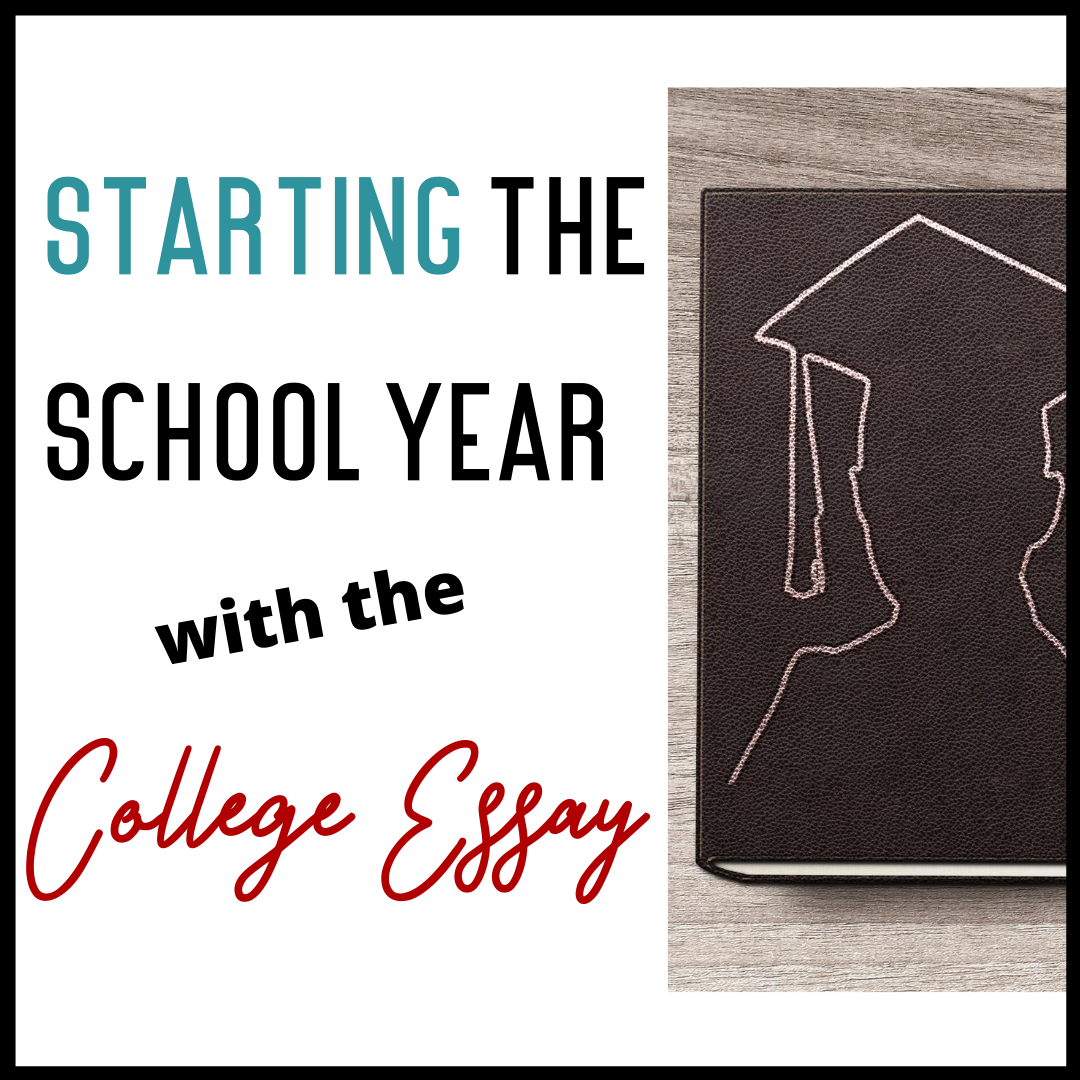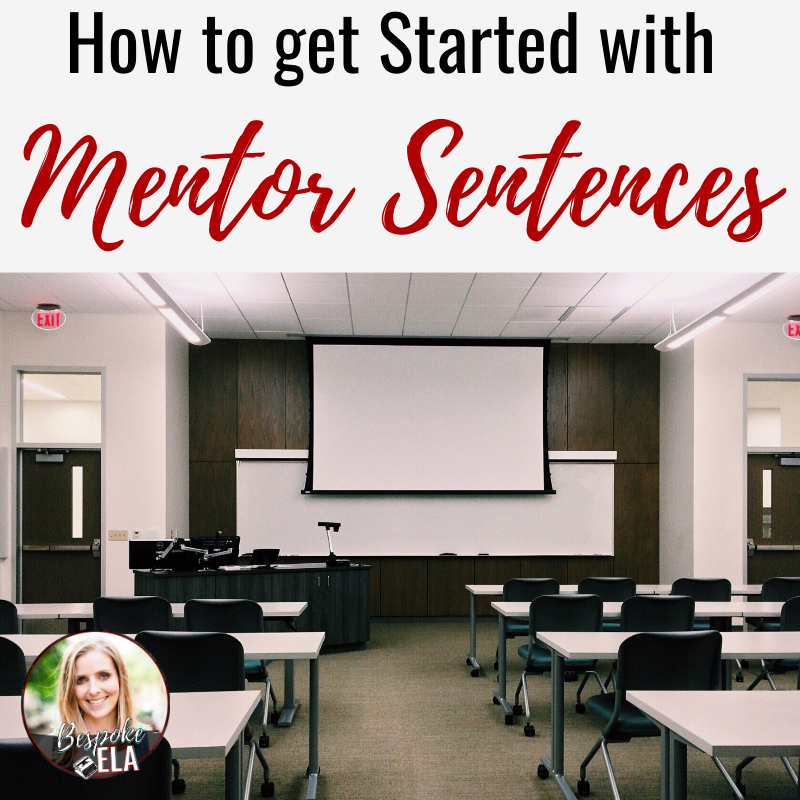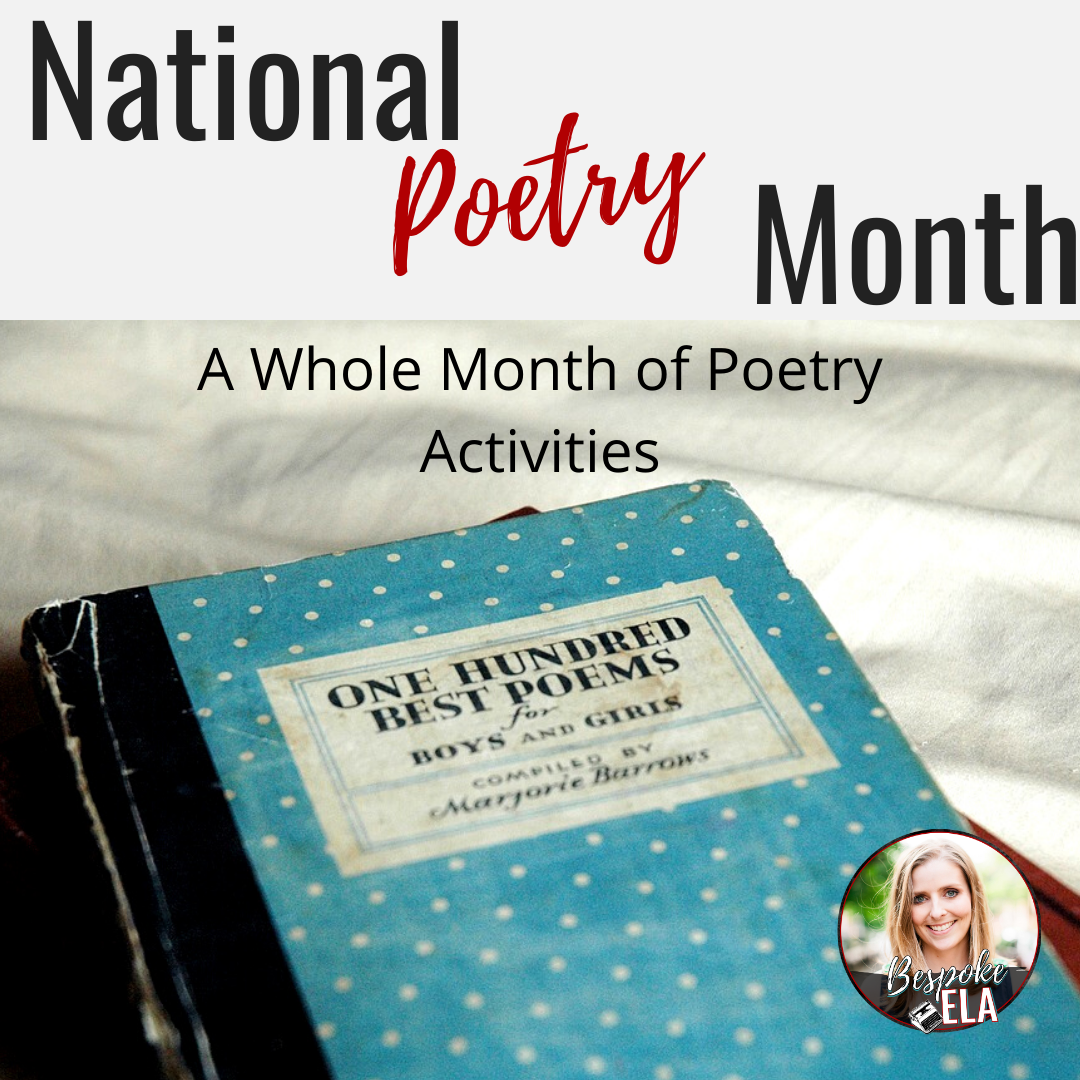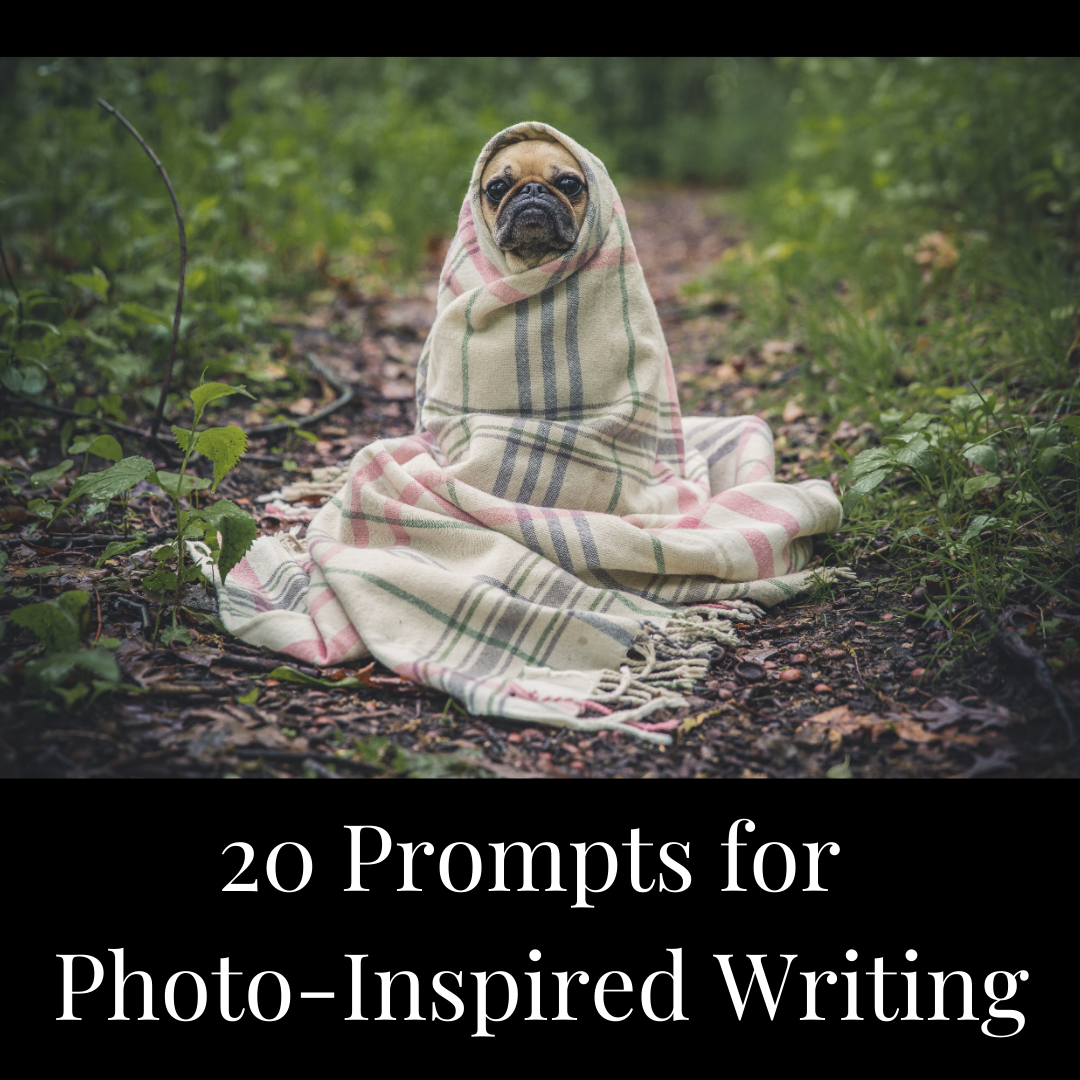As reading and writing teachers, we’ve all witnessed the seeming decline of student writing ability over the past years. We find ourselves as teachers pondering what is happening to our youth as standards drop lower and lower. We can certainly place quite a bit of blame on technology as students read less than ever, so reading in our classes is incredibly important.
How to Build a Writer's Toolkit for Students
Literary Analysis Essay Boot Camp
Starting the School Year with the College Essay
If there is one writing assignment that has real life and real world purpose, it’s the college essay. I have never seen my students more motivated to write and more motivated to work on writing than with this particular assignment. And the reason is simple: this writing assignment truly matters to students.
How to Sequence a Literary Analysis Essay Unit
Five ESSENTIAL Questions to Guide Textual Analysis
How to get Started with Mentor Sentences
Mentor sentences are an excellent tool to use in the secondary ELA classroom to model essential skills from grammar to literary devices. They reinforce quality writing skills from published in authors in a positive way rather than the traditional sentence correction method that modeled negative traits.
8 Ways to Help Students Break Through Writer’s Block
Tone Tunes: Using Music to Teach Tone in Poetry
National Poetry Month: A WHOLE MONTH of Poetry Activities for Secondary ELA
Love it or hate it, poetry is unavoidable in the secondary ELA classroom. I, for one, am a HUGE lover of poetry but fully acknowledge that it can be annoyingly cryptic at times. Reading poetry reminds us that not all texts are meant to be beat "with a hose to find out what [they] really mean" like in the Billy Collins poem "Introduction to Poetry."
Plagiarism Escape Room: A High-Interest Way to STOP Student Cheating
The Five Most Important Argumentative Essay Topics of 2018
10 Essential Writing Workshop Supplies from Amazon
Thanksgiving & Abraham Lincoln: A Rhetorical Analysis Activity
The Logline: A Screenwriting Tool that Helps Students with Textual Analysis in both Fiction and Nonfiction
In screenwriting (writing for movies and TV), the logline is key to brainstorming story ideas and also selling them or "pitching" them to buyers. Crafting loglines can help the writer to flesh out new plot ideas before writing the entire script. It's much easier to revise the logline rather than an entire hundred page script!

























